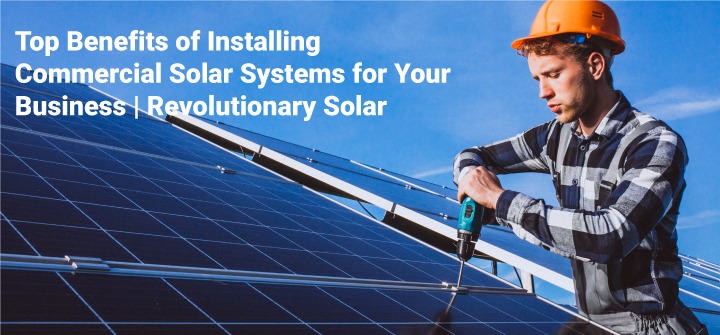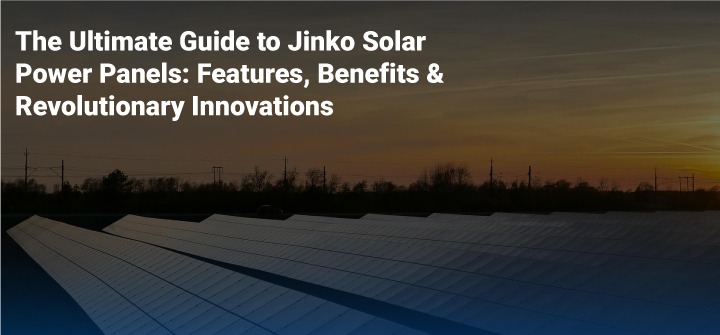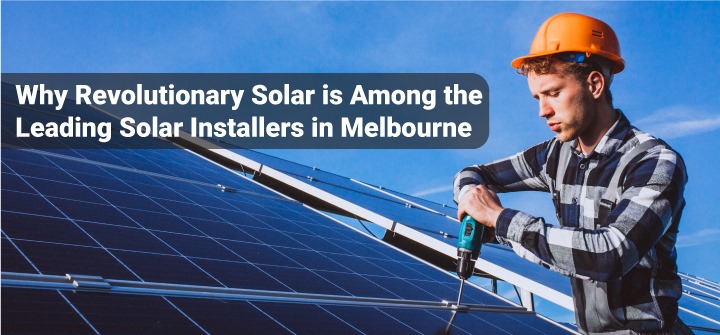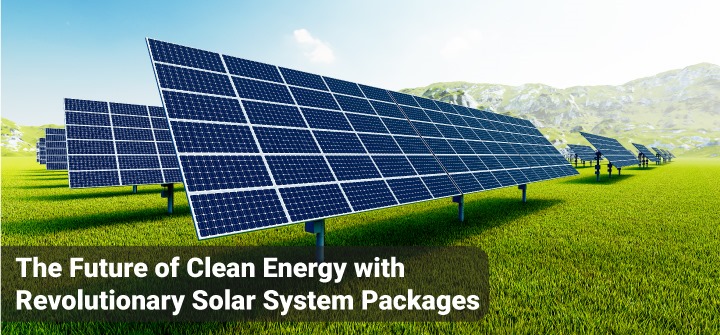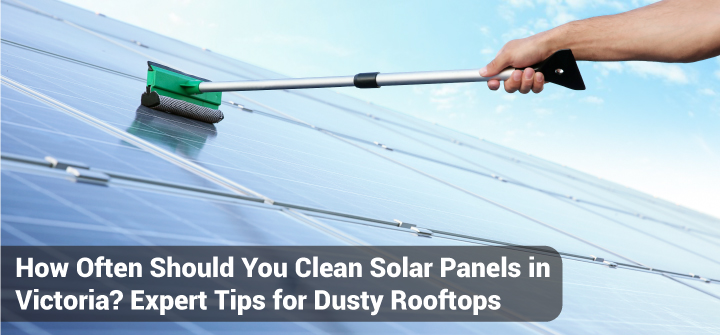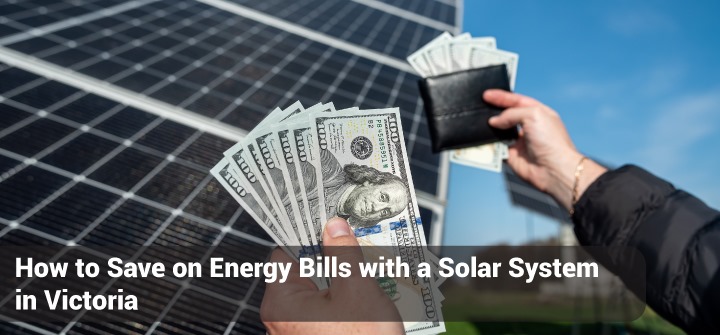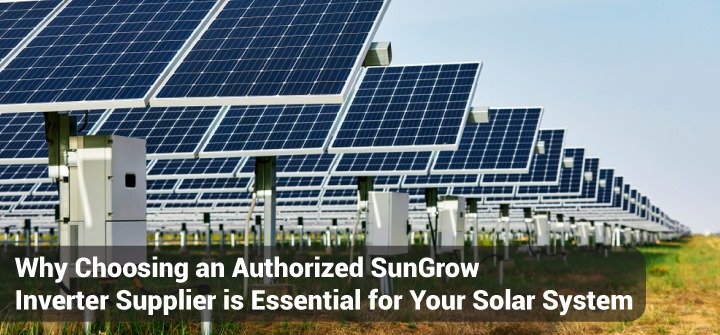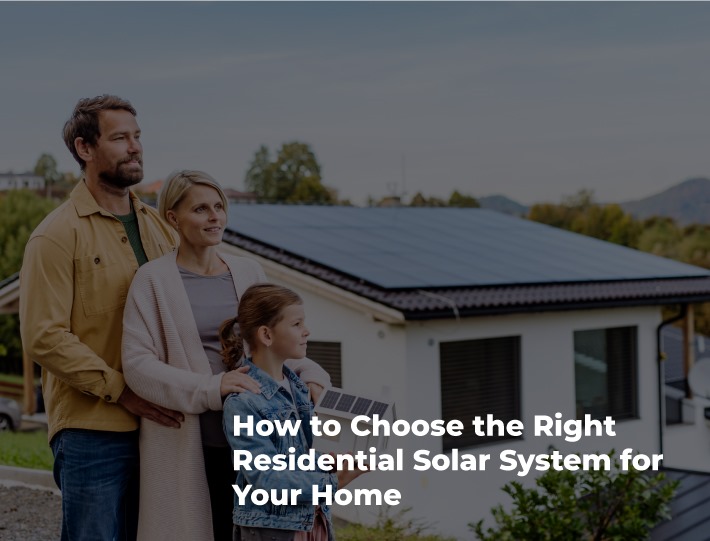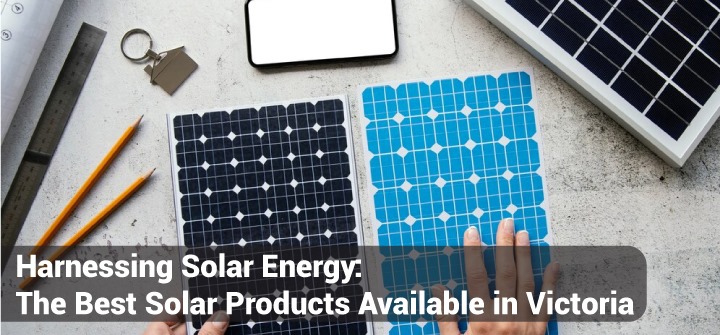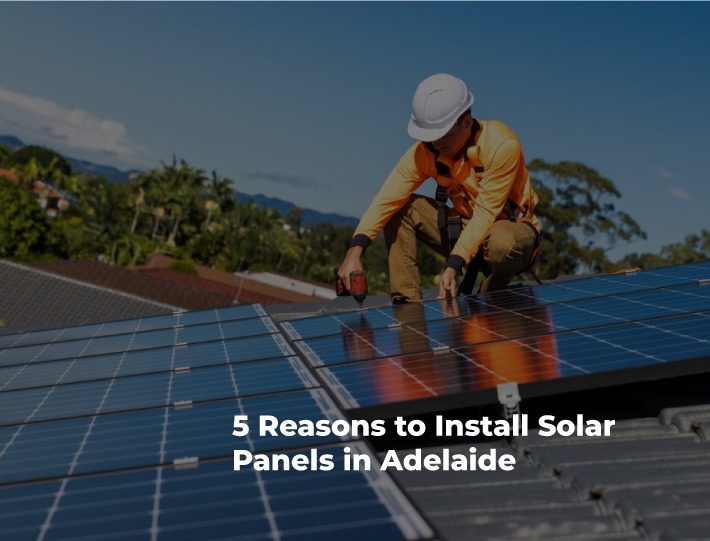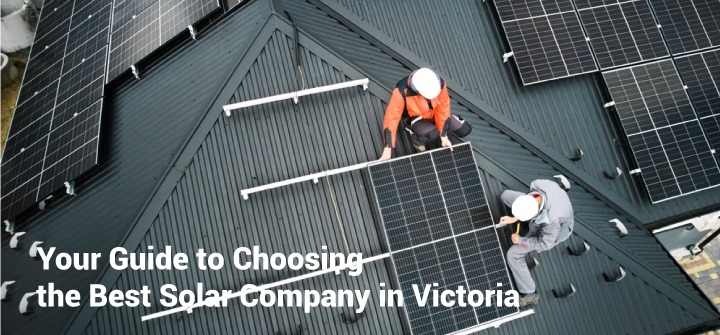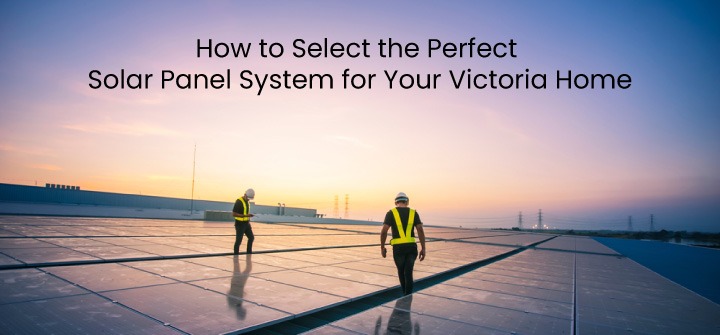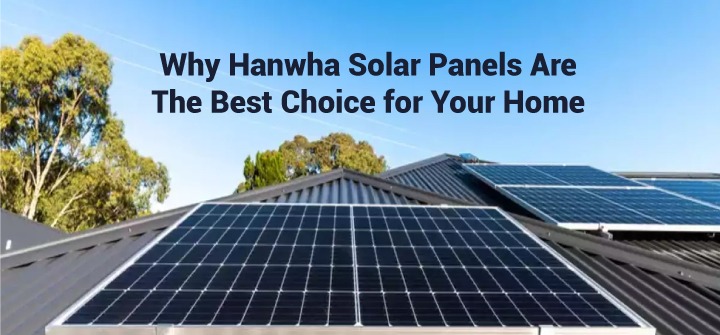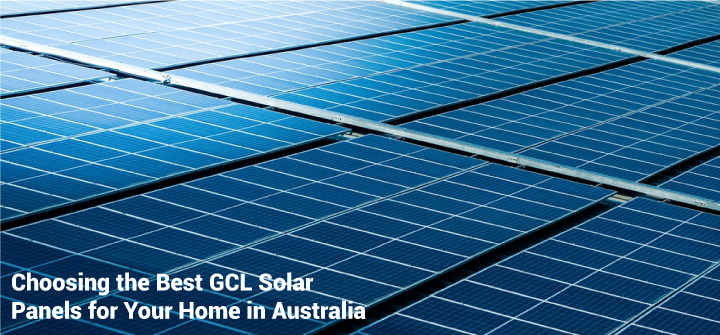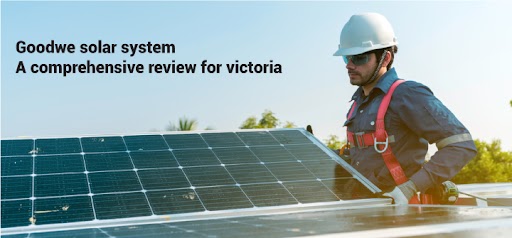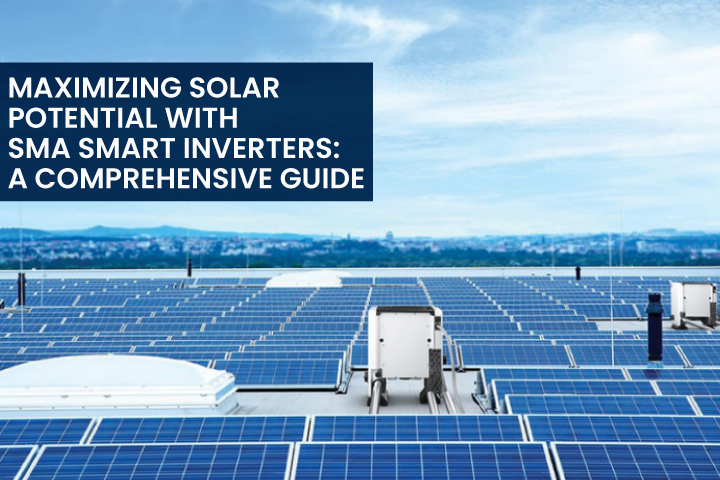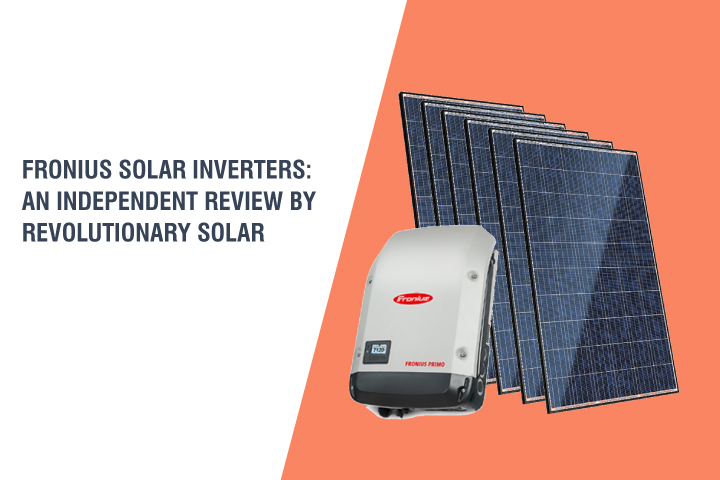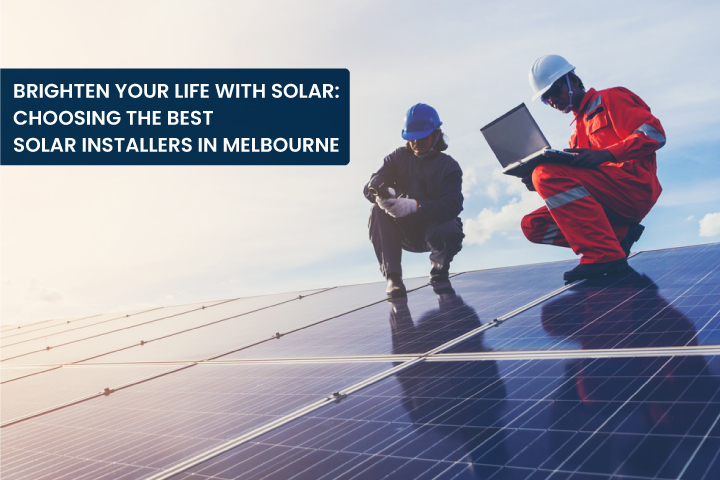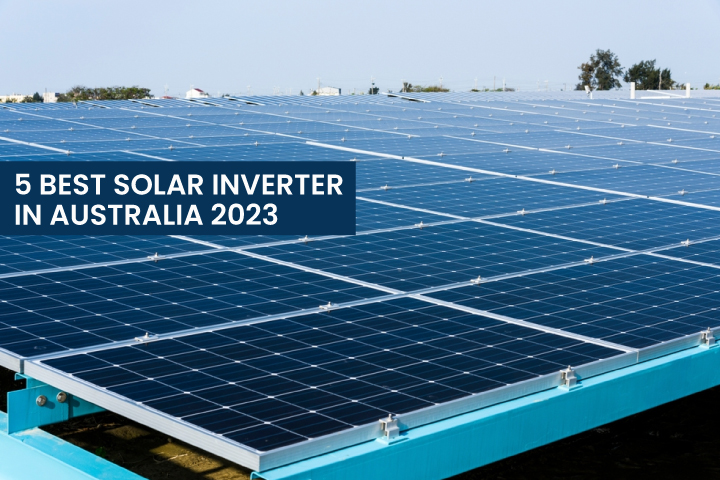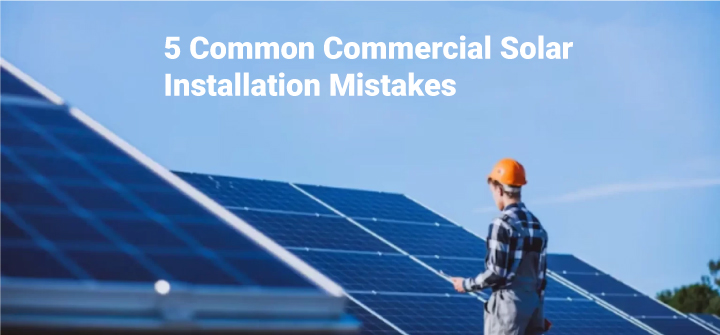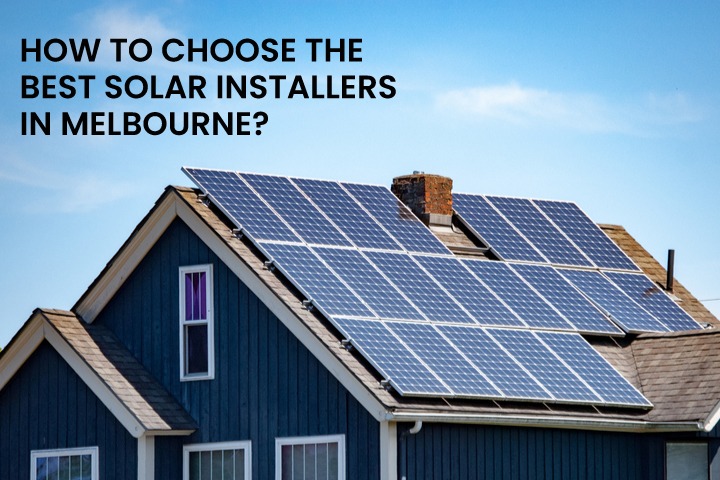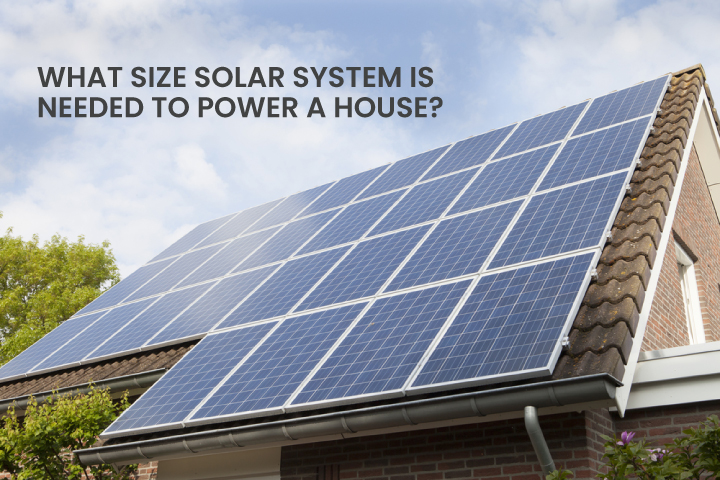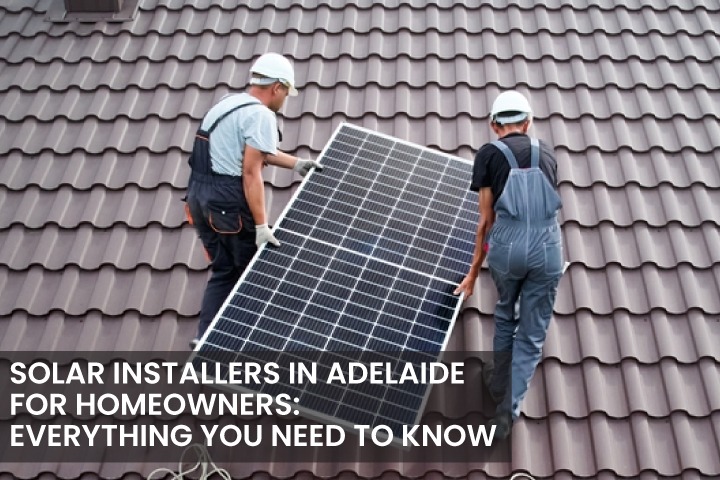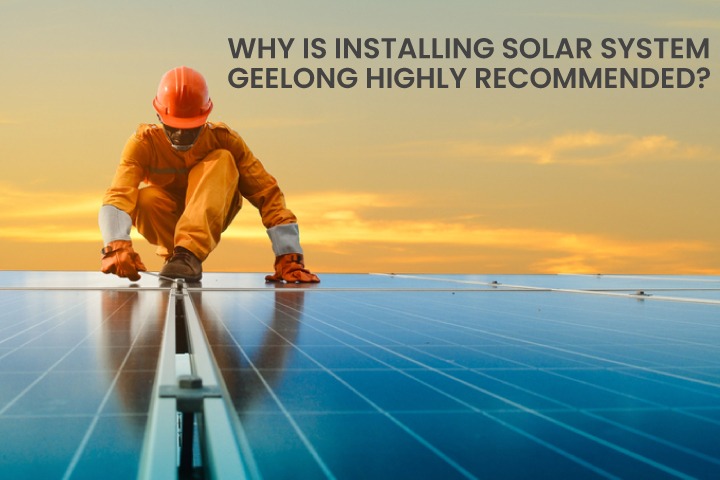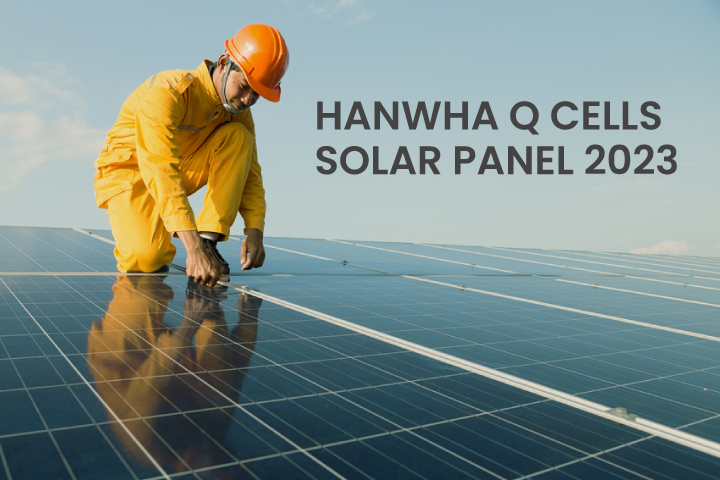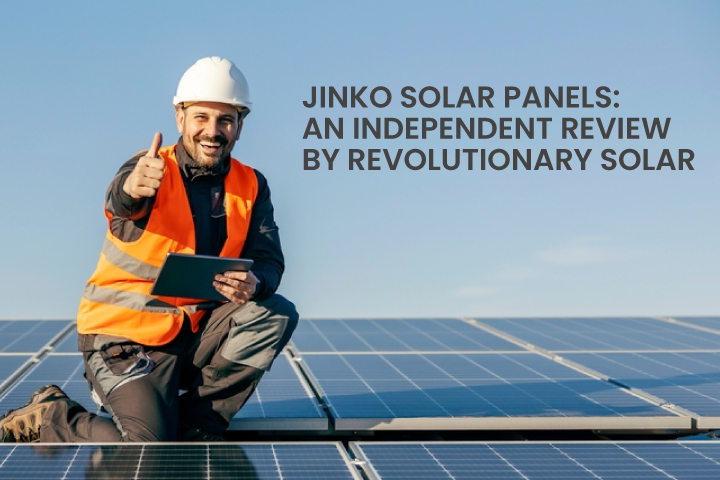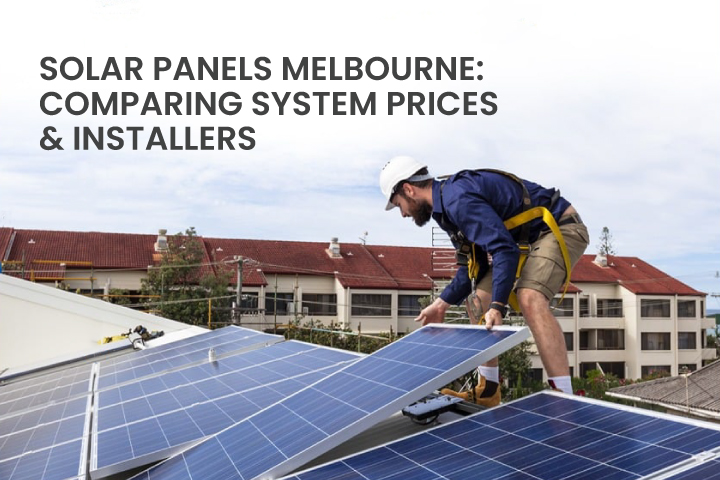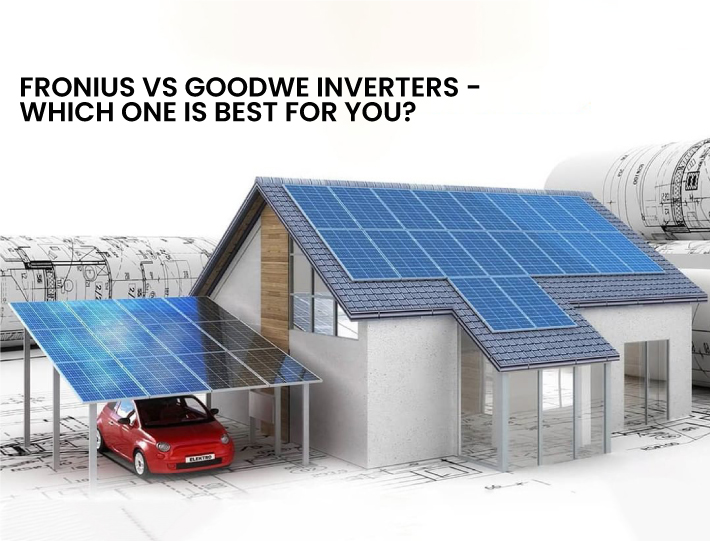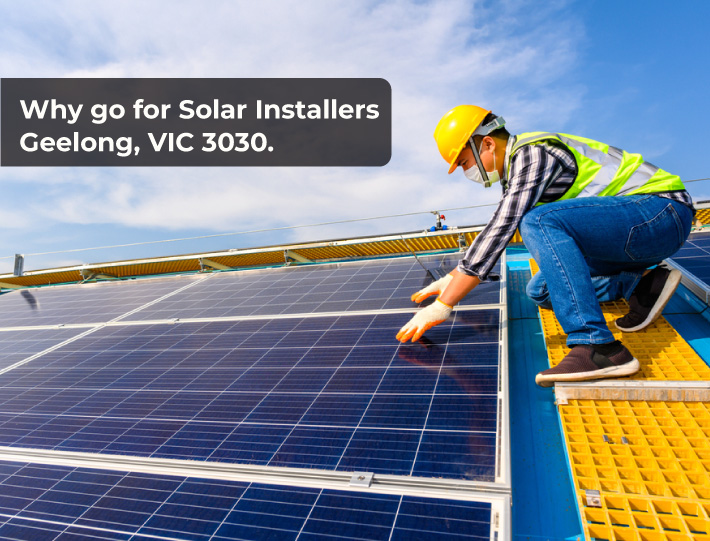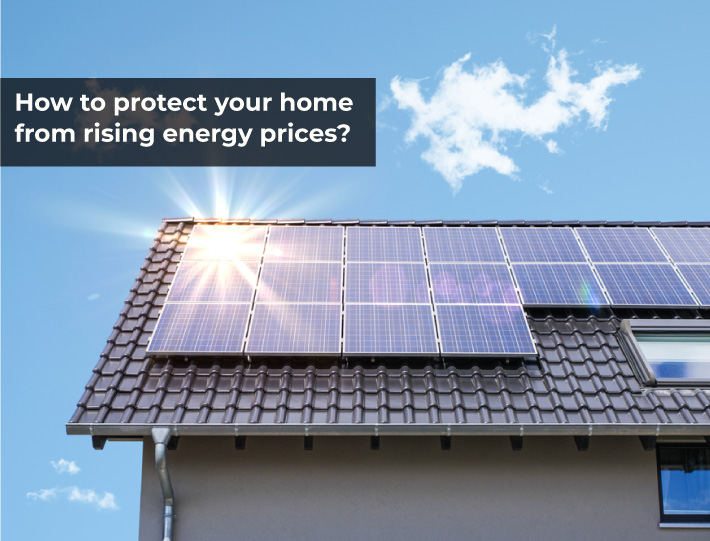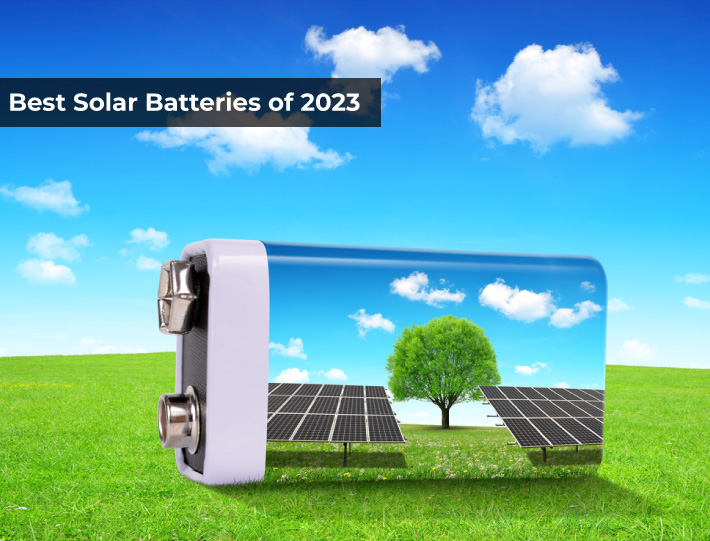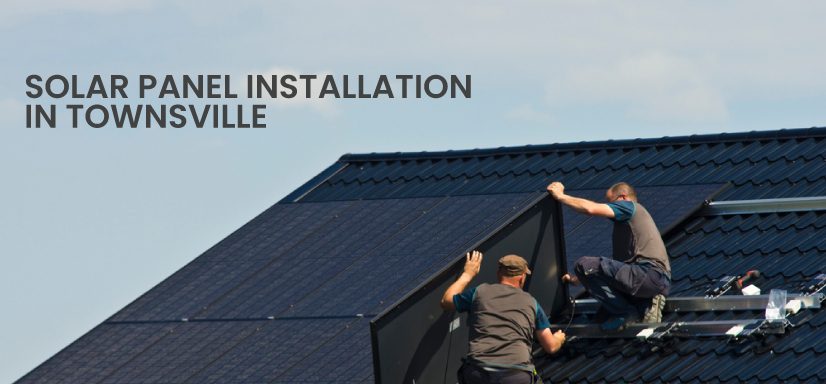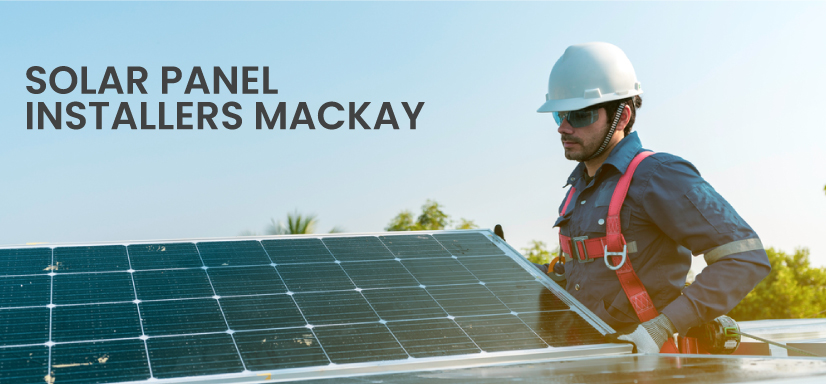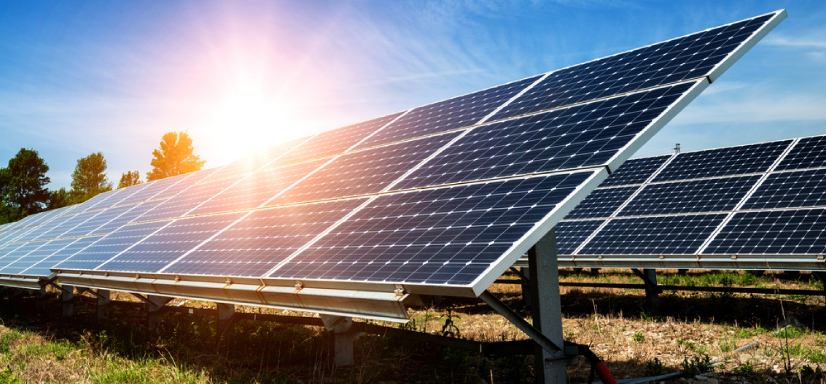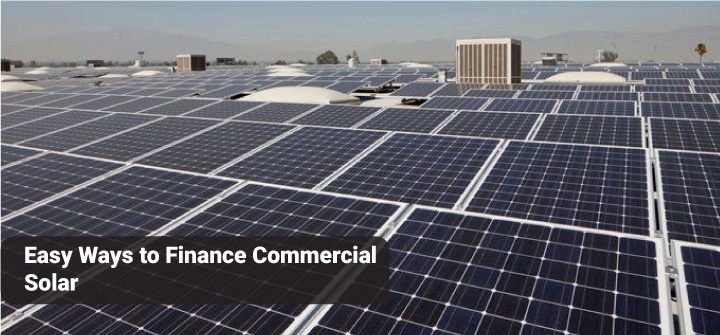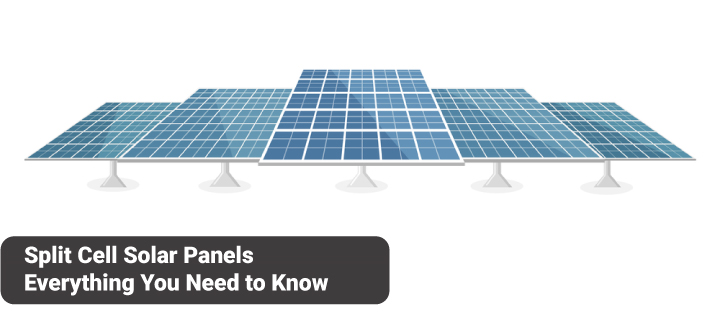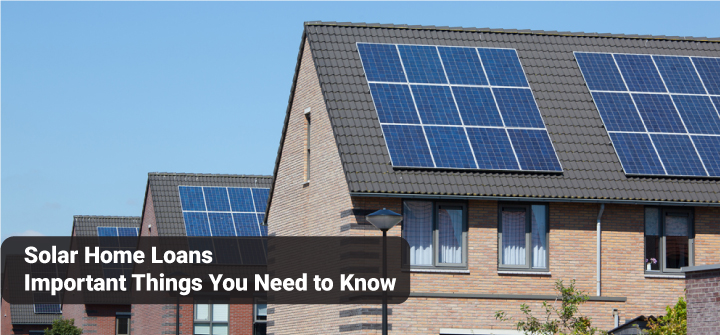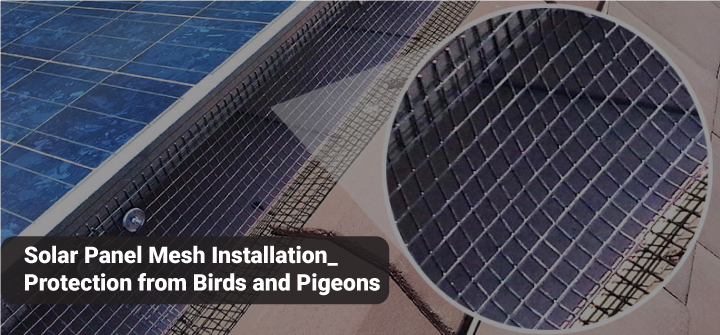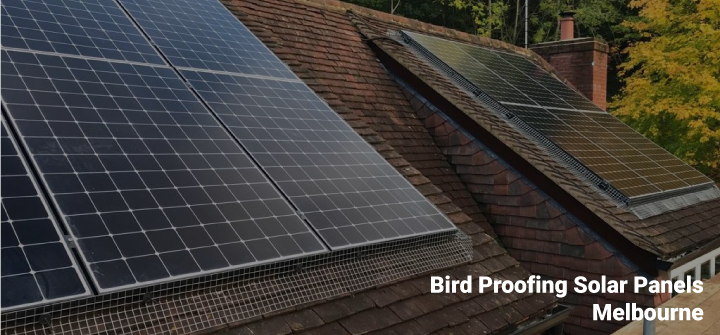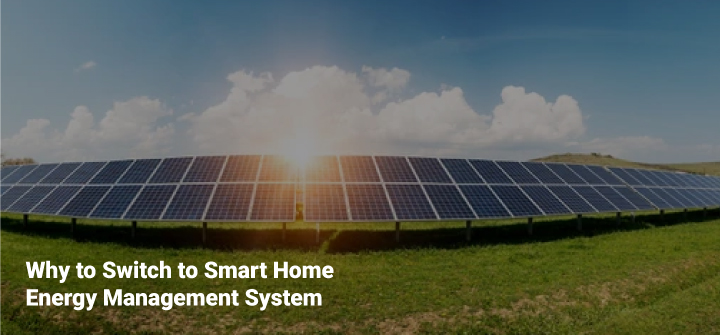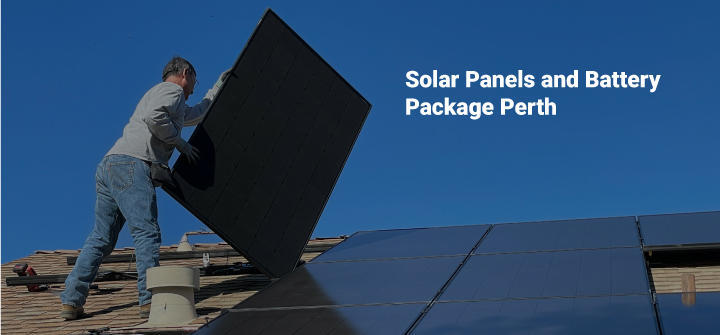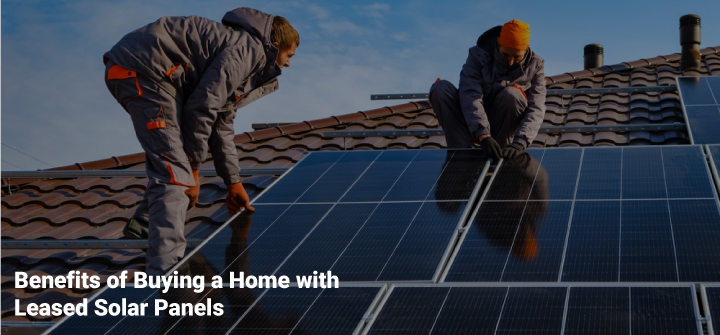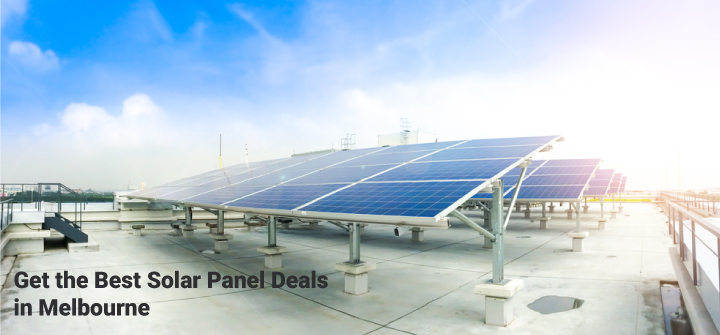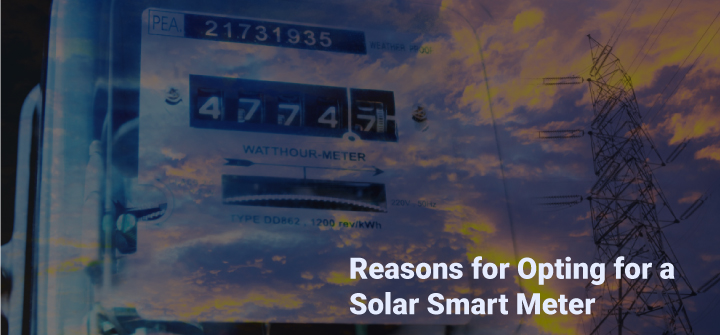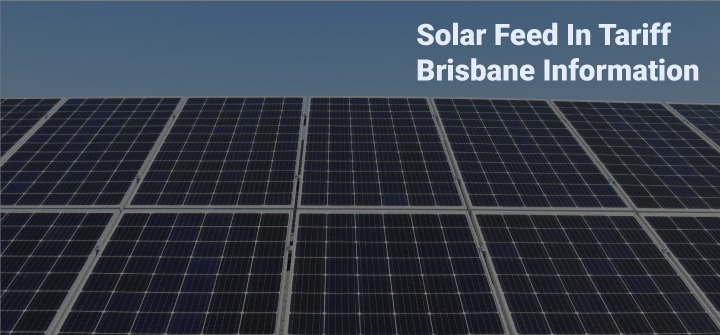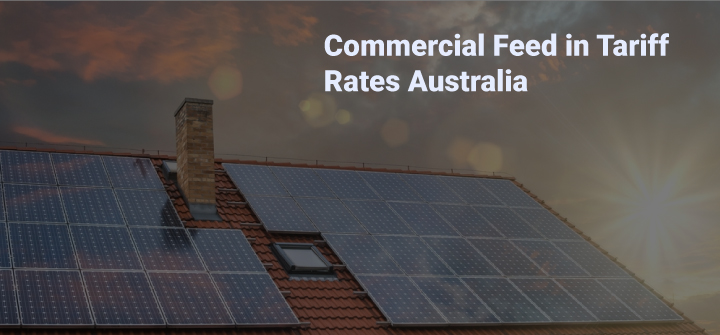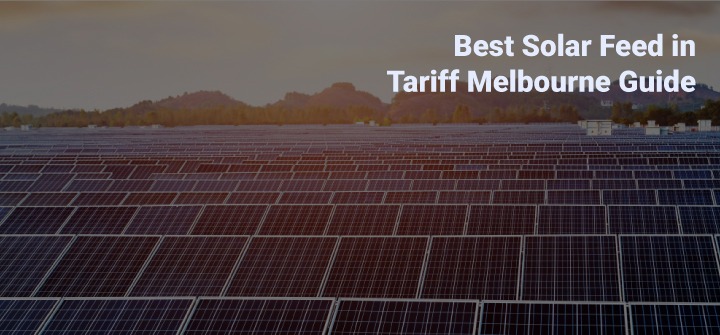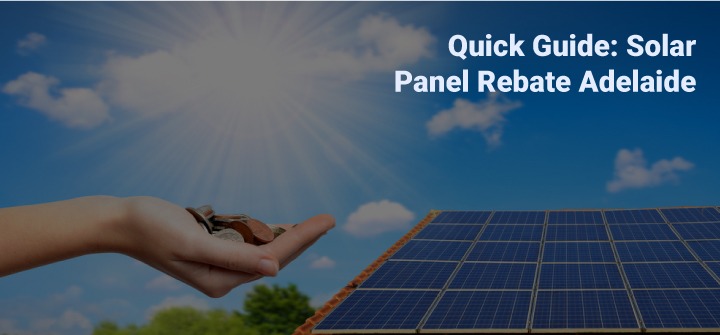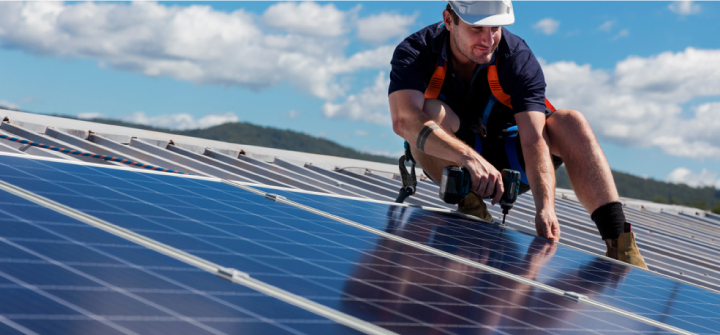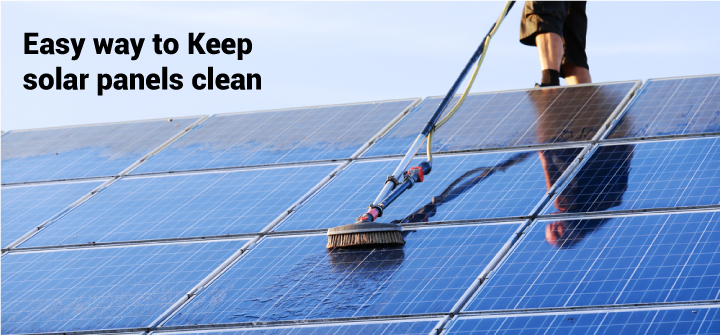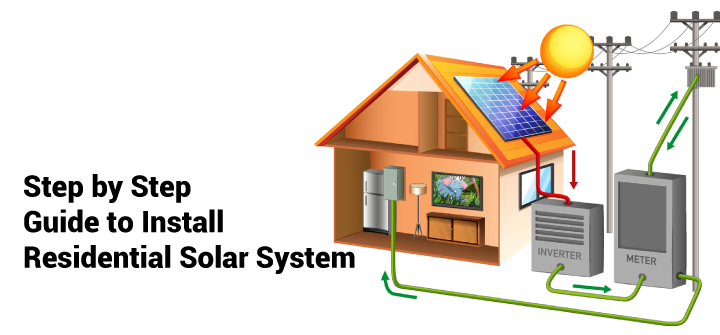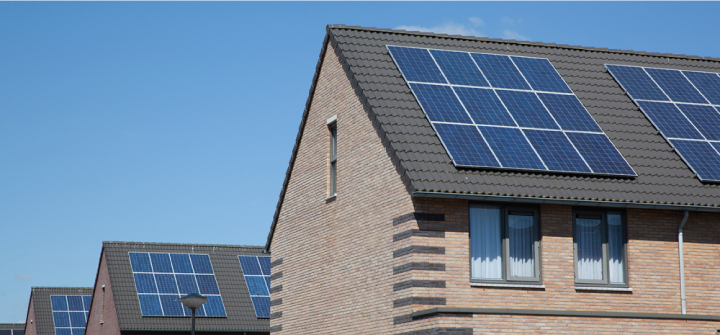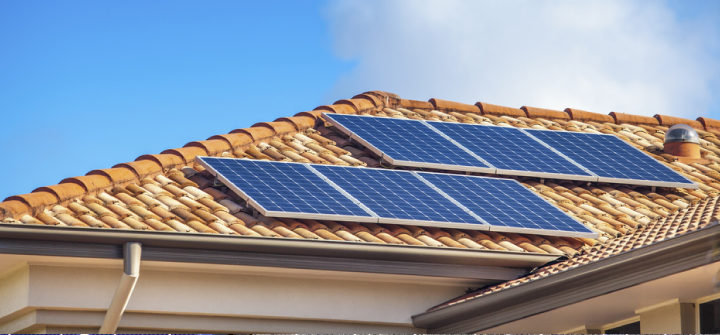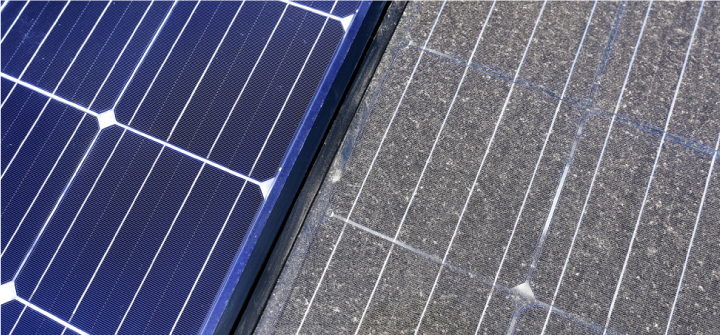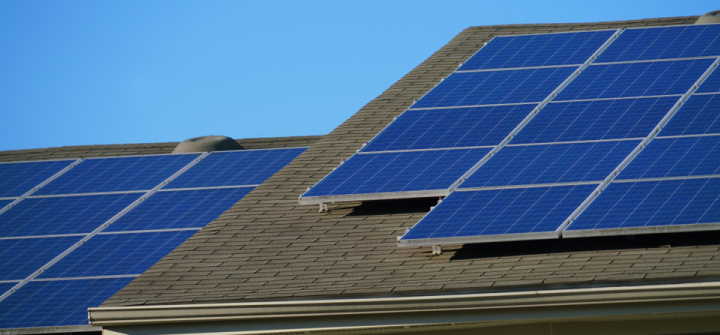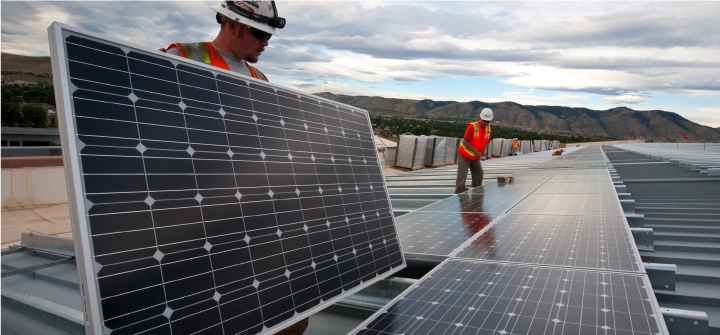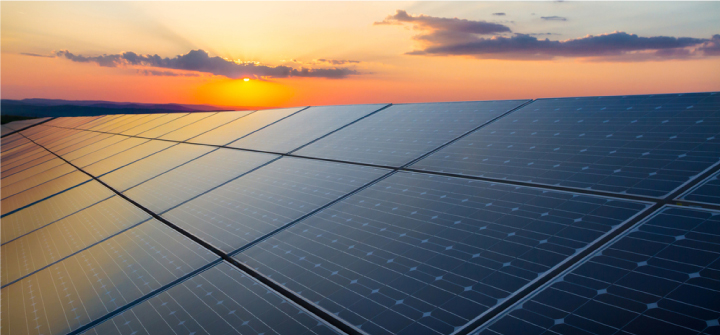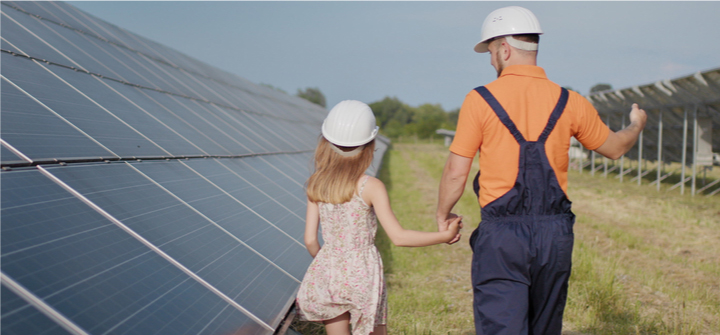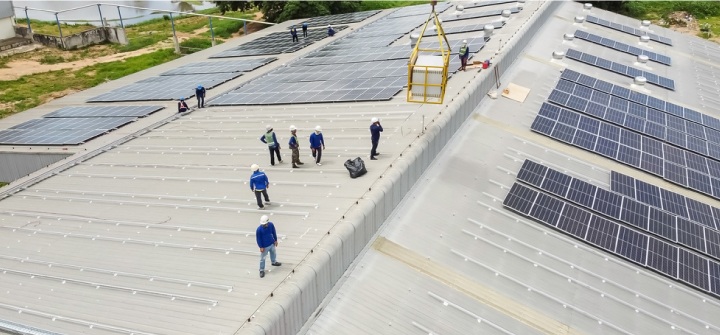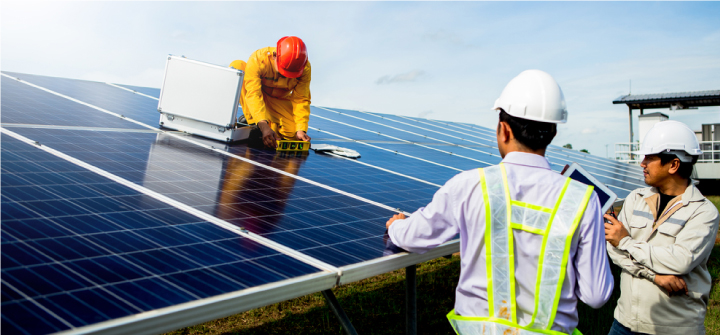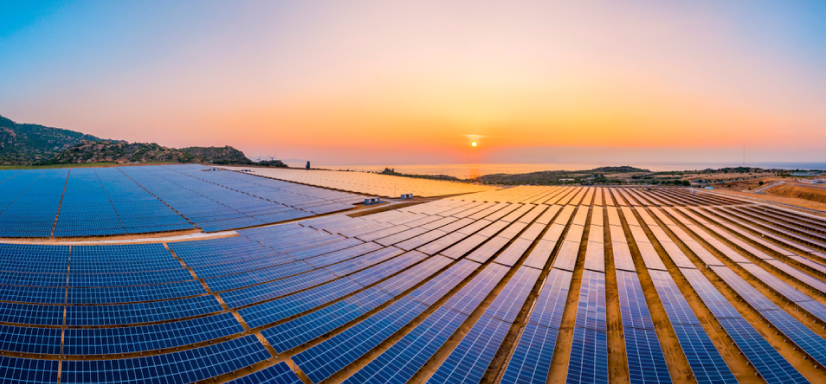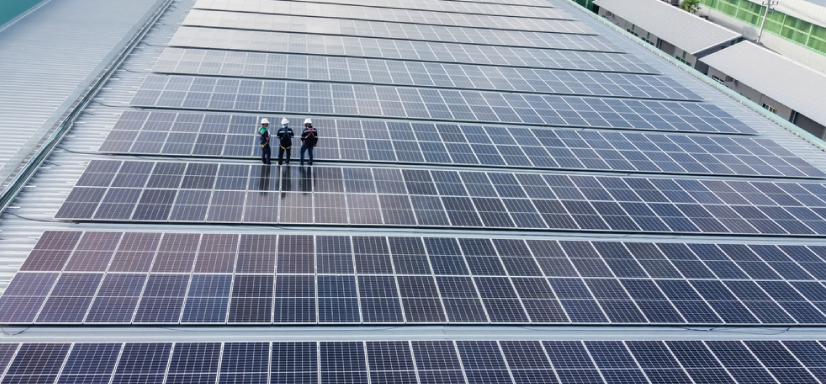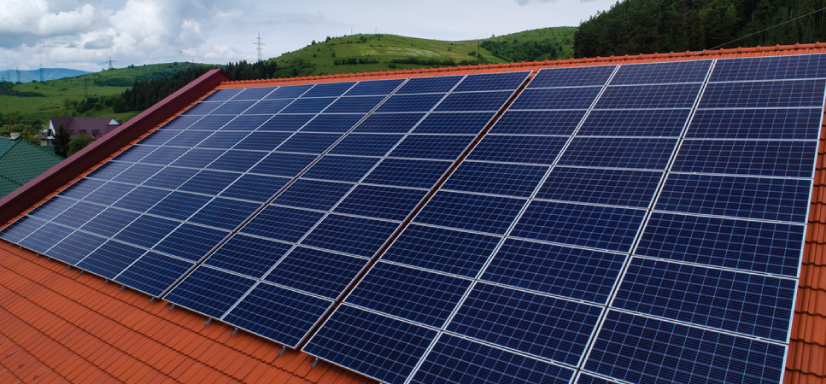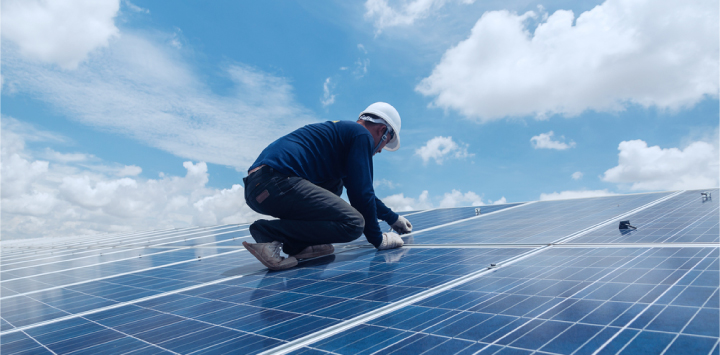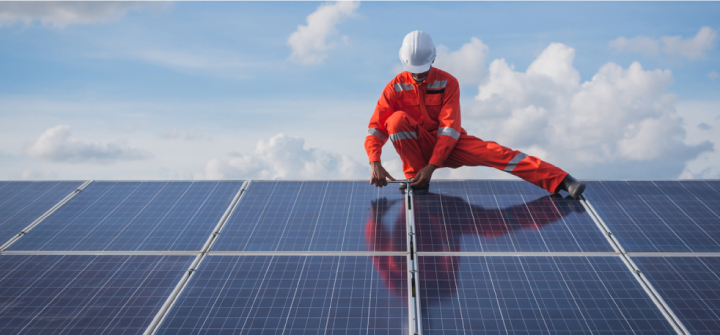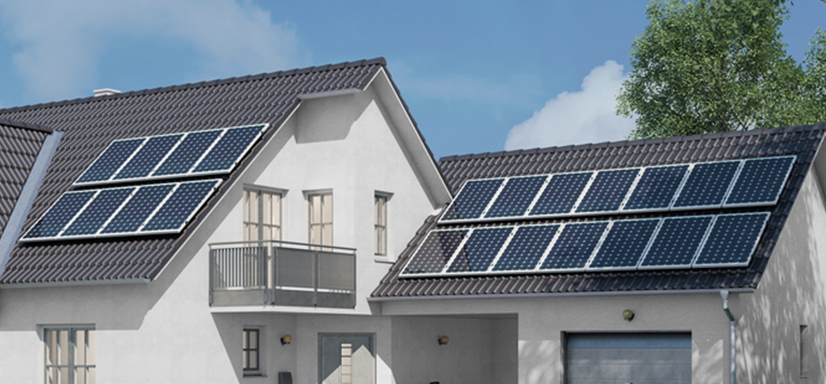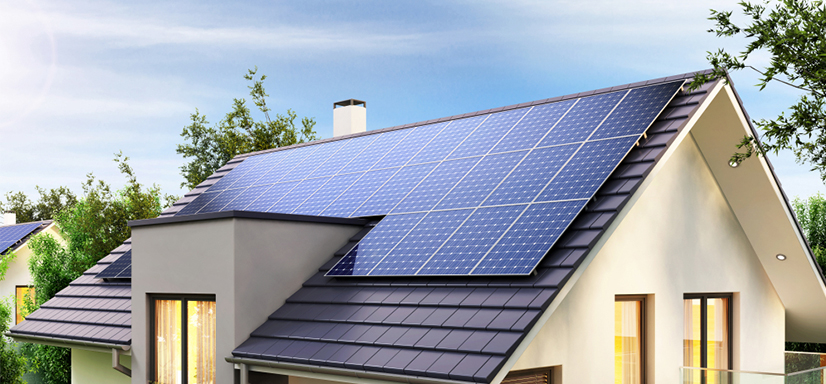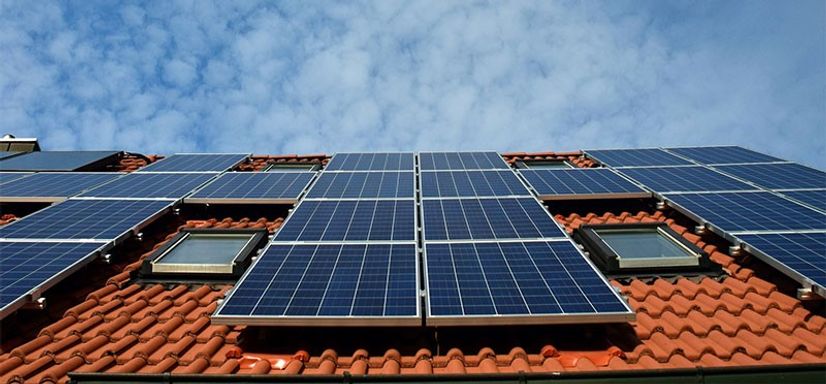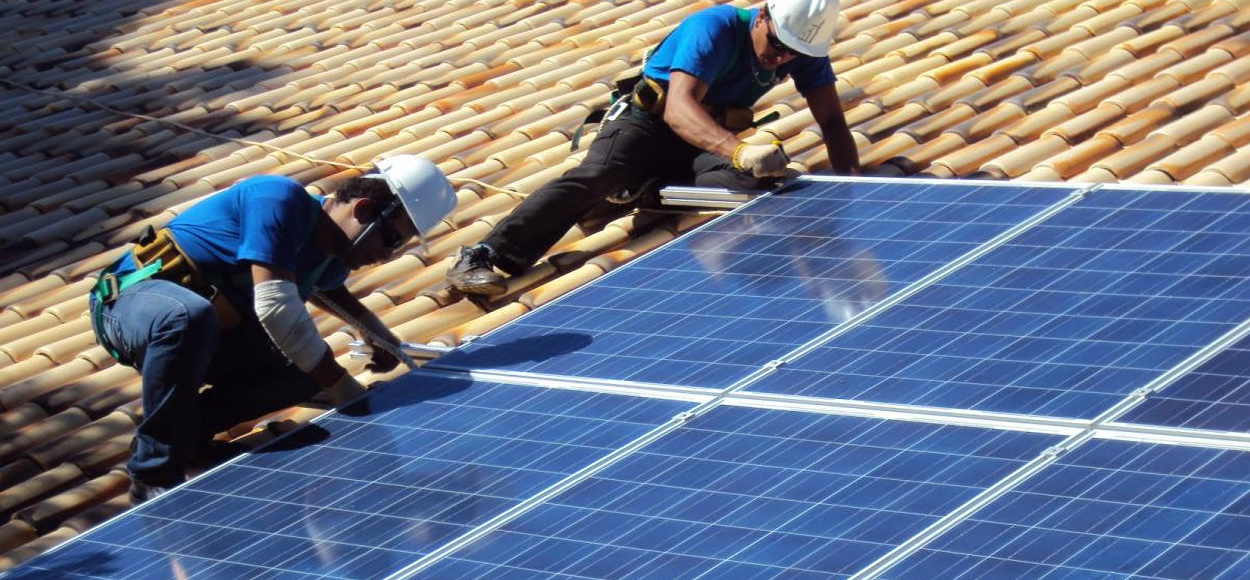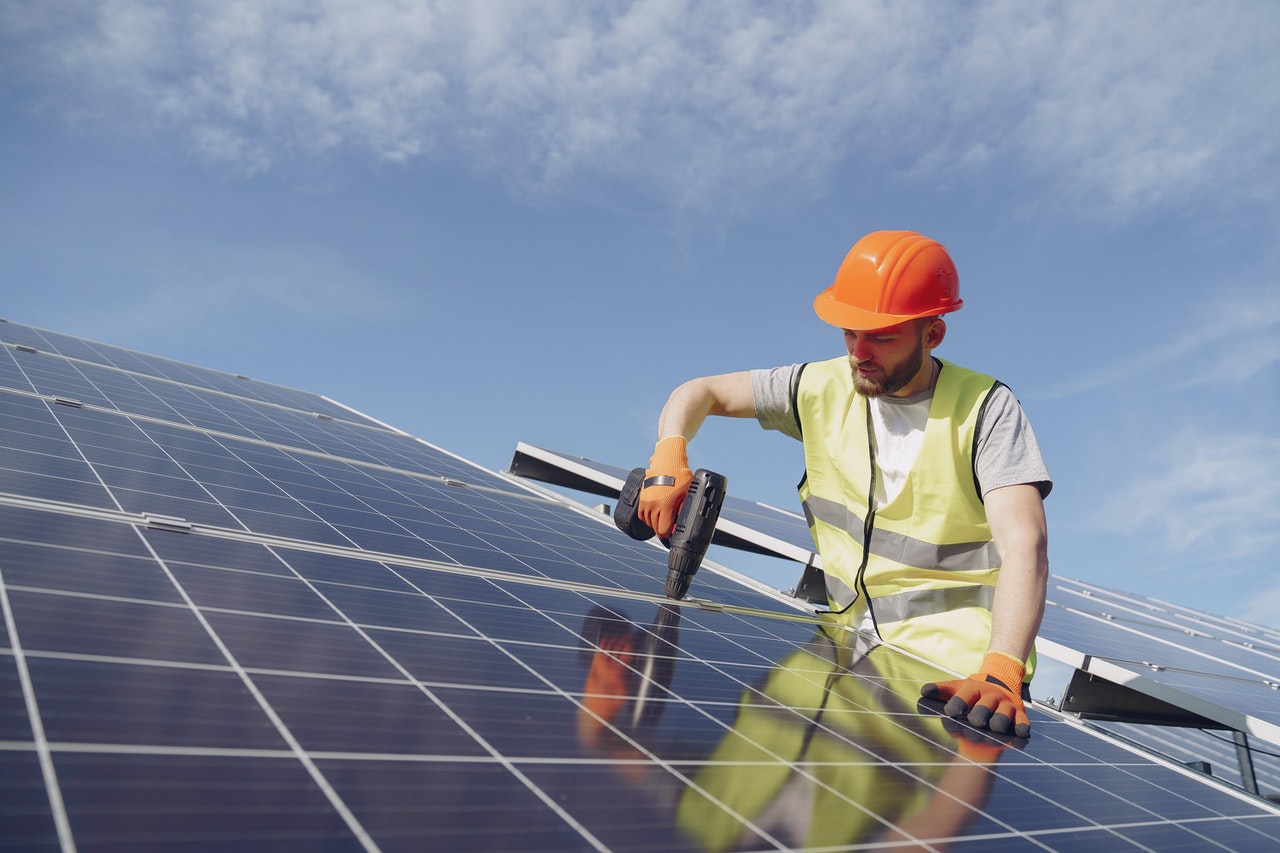
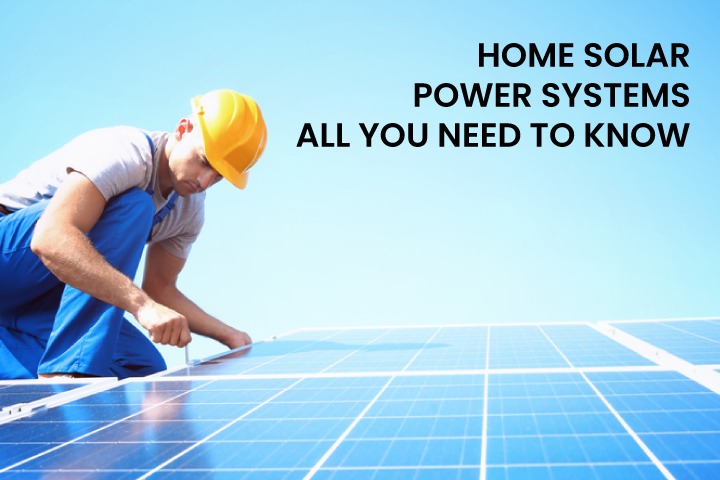
Home Solar Power Systems – All You Need to Know
Solar energy, which can take the form of electric or thermal energy, is simply useful energy that comes from the sun. A Residential Solar System, often known as a PV system, is one of the most prevalent ways to absorb solar energy since it transforms the sun's rays into electricity. Solar thermal energy, also known as concentrated solar power (CSP), is frequently used to heat interior rooms or fluids in addition to employing photovoltaics to create electricity. To take use of the sun's energy, homeowners and business owners alike may install solar hot water systems and design their buildings with passive solar heating in mind.
What is the mechanism of solar energy?
A solar array consists of many panels that are connected via wiring. The panels are designed to convert solar energy into useful power when exposed to direct sunshine. The system generates power, and your home uses it. When the solar panels aren't producing enough power, the solar array may still draw power from the grid. With "net metering," the grid will give you credit for all of the electricity your system generates, whether you use it immediately or transfer it to the grid to be used at a later time, so you may keep any extra solar energy you produce.
The Benefits of Solar Panels
Solar panels are a cost-effective and widely applicable method of generating power. Off-grid dwelling would seem to be the most logical option. To be "off-grid" is to be beyond of a community's reach for electrical supply. Solar energy systems are a great option for off-grid houses and cottages. Getting power from the nearest main grid access point doesn't have to cost an arm and a leg anymore. If cared appropriately, a residential solar installation may save you money over the long run while also providing electricity for up to three decades.
Using solar electricity has several advantages, including the fact that it is clean and sustainable, and the fact that it can be used to go completely off the grid with the use of solar panels. The advent of global climate change has made it all the more crucial that we do all in our power to lessen the burden of greenhouse gas emissions on our environment. Solar panels are low-maintenance since they don't have any moving parts. When cared for properly, they may serve you for decades.
Last but not least, another perk of solar panels and solar power is that after an installation has paid for itself, the electricity it generates for the rest of its lifespan, which can be as long as twenty to fifteen years depending on the quality of the system, is completely free. As soon as a grid-tie home solar panels is turned on, the owner may begin reaping the advantages, which include reduced or eliminated monthly energy costs and, best of all, revenue from the electric company. How? If you have a Solar Installers in Adelaide and generate more energy than you need, you may sell the surplus to your local utility company, sometimes at a profit.
Conclusion
Solar panels just need to be cleaned occasionally. Most of the work involves cleaning the panels so that sunlight can reach the home solar power and boost output.
Panels can accumulate snow in colder areas. To avoid scratching the glass, clean them with a soft brush or broom.
Dust can gather on the panels in arid climes, so they aren't ideal there, either. The panels should be cleaned several times a year to remove dust and other dirt. Once a year should be sufficient in more mild areas.
About as much as can be said, yes. Because there are no moving components in solar panels, the mechanical and electrical systems require extremely minimal upkeep during their long lives. Maintaining uncluttered displays reduces the need for constant monitoring.
